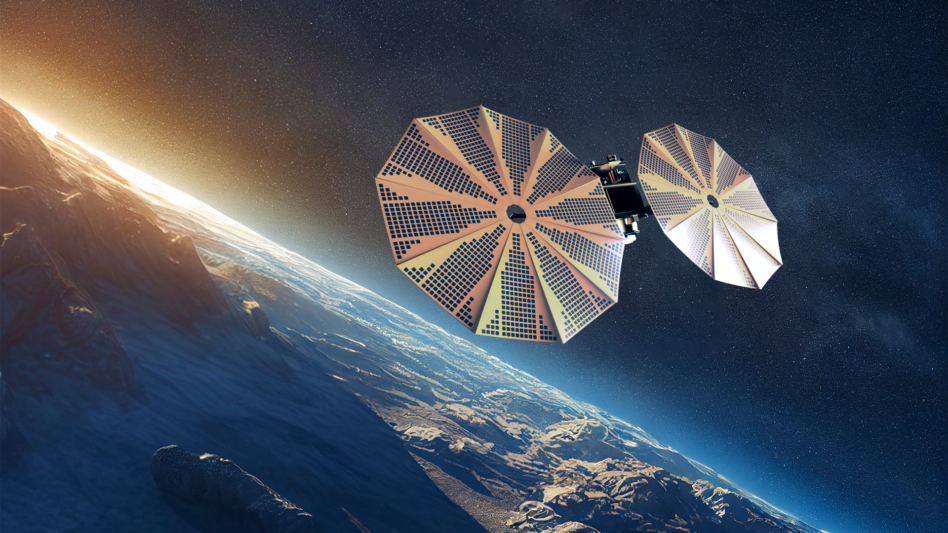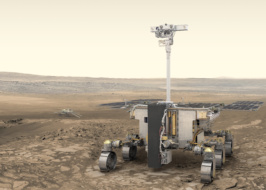Historically, Middle Eastern nations haven’t led the pack when it comes to impressive space tech or exploration, but that’s beginning to change as several space agencies in the region invest to realize their ambitious goals in orbit.
Euroconsult released a white paper this week detailing its expectations for Middle Eastern space economy growth over the next decade. The report predicts a significant boom in the size of the industry, driven primarily by government investment and partnerships with foreign governments and commercial entities.
- Worth noting: This report was sponsored by the Middle East Space Conference.
A growing industry: Government space programs in the Middle East are comparatively new. Space agencies in two prominent regional space players—the UAE and Saudi Arabia—stood up in 2014 and 2018 respectively. Euroconsult reports that seven Middle Eastern nations have either created space agencies or passed new national space policies since 2015.
In 2023, Middle Eastern governments invested $1.4B into their respective space sectors, according to the paper. By 2032, the organization projects that annual investment in space activities will nearly double to $2.7B.
Building bridges: Middle Eastern nations aren’t going it alone, instead choosing to collaborate with foreign entities.
- Saudi Arabia sent its first two citizens to the ISS aboard Axiom Space’s Ax-2 mission last year.
- Saudi Arabia, the UAE, and Bahrain have all signed on to the US-led Artemis Accords.
- Egypt has signed on to contribute to China’s International Lunar Research Station mission, and China has also agreed to invest $250M in a Saudi aerospace manufacturing plant.
The upshot: According to Euroconsult, the Middle Eastern space industry has tripled over the past decade from ~$8B to ~$25B, and it could perform the feat again, growing to as much as $75B by 2032. Though that’s a difficult trend to keep up, the ambitious timelines and deep pockets of many players in the Arab world provide a basis for optimism.




